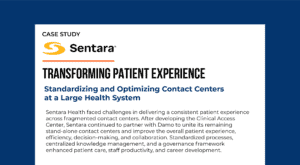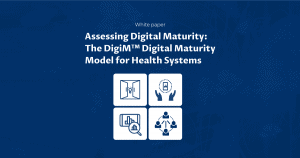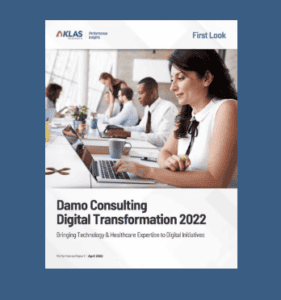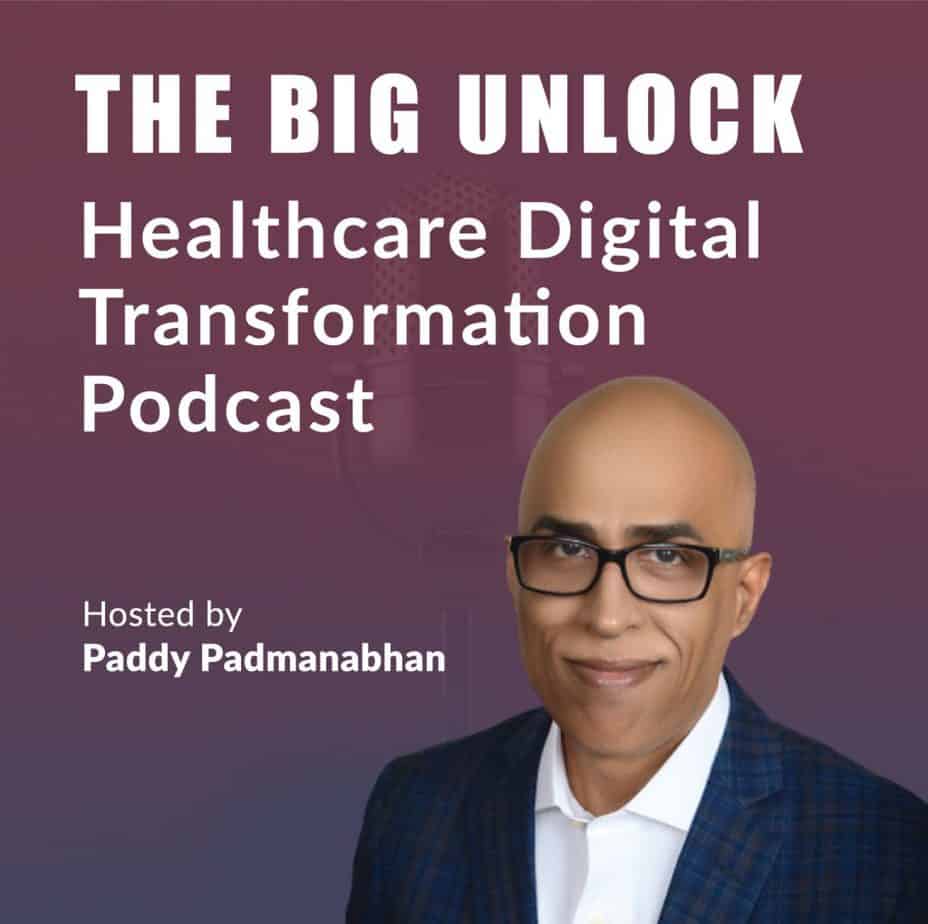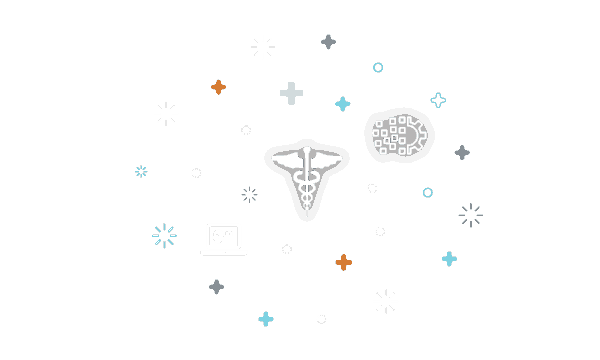Post-COVID, entire continuity of care virtually should be flawless
– Aaron Miri, Chief Information Officer at The University of Texas at Austin, Dell Medical School, and UT Health Austin
Our 50th guest on The Big Unlock podcast was Aaron Miri, Chief Information Officer of The University of Texas at Austin, Dell Medical School, and UT Health Austin. Aaron discussed the University’s focus areas and how through their public-private partnership they are performing contact tracing to prevent the spread of COVID-19.
Listen to the full conversation
“Our first and foremost goal has been putting out the best medical students possible, prepare them to enter residency. Number two, having a clinical practice really grounded around value-based care in the principles of community and community impact. And three, what UT Health Austin is known best for – research. It is that every aspect of an academic health care delivery network that you could possibly imagine and then some. And then now, you throw in COVID into the whole situation and it grows even more so.”
– Aaron Miri, Episode #50
The entire continuity of care done virtually should be flawless
UT Health Austin is one of the top global universities in the world. They have their own medical school, teaching institute, clinical enterprise. COVID-19 has accelerated digital transformation in healthcare, and the industry is witnessing virtualization of care such as telehealth, digital front doors and so on. According to Aaron, post-COVID, health systems should be able to make the leap from dozens of in-person visits to over hundreds of virtual telemedicine visits.
“We need to ensure smooth delivery of services. All the way from the clinician to the patient experience, the entire continuity of care virtually should be flawless. So that there are no hiccups in terms of workflow, orders, medical records, etc. Telehealth experience has been one that we continuously refine, even though now our practice is that majority of it is telehealth, although we are slowly up ticking the in-person again. So, to the degree of it has been about stability, quality of service, execution, and agility.”
– Aaron
Public-private partnership
Due to COVID-19, there is an emergence of newer forms of healthcare delivery. Technologies such as contact tracing are being used extensively to control the pandemic to an extent. Dell Medical School and UT Health Austin partnered with Austin Public Health to prevent the spread of COVID-19 by performing contact tracing on behalf of the city of Austin. Besides contact tracing the University is also using other emerging technologies to control the spread of the pandemic. Aaron believes that there should be strong public-private partnership in healthcare delivery system post the pandemic.
“Austin Public Health asked us to partner with them formally and via that delegation of the public health authority, we were able to work doing contact tracing on behalf of the city of Austin. We have over 200 or so contact tracers all working remotely. We are also doing symptom checking, drive through COVID-19 testing, home monitoring, and nurse triage.” – Aaron
The future of data interoperability
With CMS finalizing the interoperability rule, there will be improvement in data interoperability and other information blocking practices. However, with the pandemic there are some constraints from a data interoperability and management standpoint. Aaron believes that the CMS’ final rule on interoperability should help, but the healthcare industry still has a long way to go.
“We are still learning about COVID, particularly in public health and what data elements we need to track. Firstly, we need to have a general baseline of definitions and data capture for public health, that everybody must adhere to as per the defined standards. Secondly, I would say that we need to make sure that we do not forget other types of care across the care continuum – rehab, nursing homes, SNFs – all need to be on some sort of digital system. And lastly, we need to have a better partnership between public health and private sector. You have got to have all those components working together. It’s not just standards, but that’s how we’re going to advance interoperability.” – Aaron Miri

